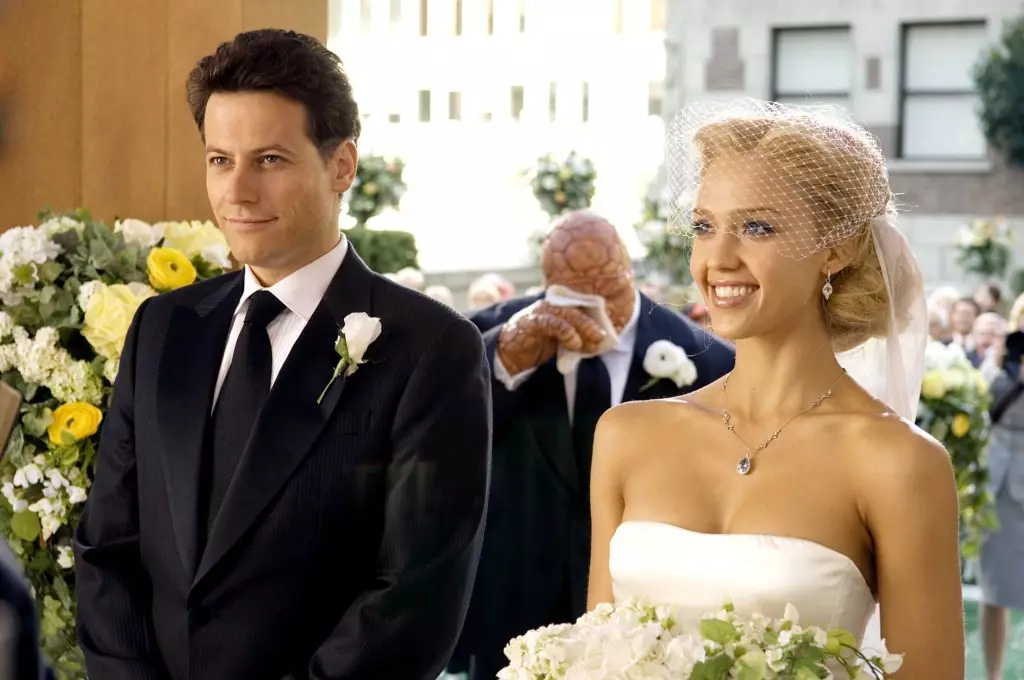The Marvel universe we see today, sprawling and interconnected, stands on the shoulders of early superhero films that paved the way with big ambitions but often fell short in execution or vision. Among these, the 20th Century Fox’s Fantastic Four series held a promising yet ultimately incomplete chapter. Despite their modest box office successes and a loyal fan base, plans for a third installment remained nothing more than a distant dream. These unrealized ambitions highlight a broader issue within Hollywood’s handling of superhero franchises: the gap between potential and execution. The fact that the original cast, including Ioan Gruffudd, felt optimistic about a third film underscores an industry tendency to prematurely cut short creative ambitions once initial returns aren’t blockbuster hits. This decision reveals a misjudgment of cultural and franchise-building potential, one that could have rooted these characters deeper into the public consciousness if nurtured properly.
Behind the Scenes: Promises and Disappointments
Ioan Gruffudd’s reflections bring to light a crucial understanding about franchise development — relationships and momentum matter. The actor, who portrayed Reed Richards, expressed pride in being part of a franchise that aimed to expand beyond just two films. His admiration for talent like Doug Jones, who brought the Silver Surfer to life through physicality and artistry, emphasizes the level of creative dedication invested in these projects. Yet, despite the passion and promising box office figures exceeding $300 million, the decision to dismiss a third movie seemed driven more by corporate strategic shifts than artistic merit. The 2009 reboot, which aimed to resurrect the franchise with a new cast and a refreshed take, suffered from a lack of the original charm and endured heavy criticism, illustrating how missteps in execution can stifle franchise momentum. This pattern signals a broader industry trend: risk aversion often undermines the potential longevity of beloved properties.
The Emotional Toll and the Resilience of Comic Book Heroism
For actors like Gruffudd, the frustration goes beyond box office figures. They develop a deep emotional attachment to their characters, especially when those roles span multiple years and become part of their identity. Gruffudd’s candidness about grief and seeking therapy after the franchise’s abrupt halt reveals how profoundly these creative collaborations can influence personal well-being. Yet, his narrative also demonstrates resilience. Though he admits he is no longer part of the current Marvel universe, he remains hopeful and excited about the continued life of these iconic characters in new forms. The fact that fans speculate about his return — despite no official approach — underscores the enduring power of these portrayals and the franchise’s ability to resonate over time. It’s also a subtle reminder that Hollywood’s constant reinventions and reboots sometimes overlook the importance of acknowledging past contributions, which could deepen audience loyalty and franchise continuity.
The Future of the Marvel Franchise and the Power of Nostalgia
The Marvel universe’s recent evolution, notably with its 1960s-inspired reimagining, shows both the risks and rewards of revisiting classic stories with fresh perspectives. While Gruffudd has not been approached to reprise his role, the possibilities for future crossovers or cameo appearances remain open-ended. The fluidity with which characters like John Krasinski’s Reed Richards appear in different Marvel media reflects a shift toward a universe where nostalgia and creative flexibility reign supreme. Yet, this also raises critical questions: Should Hollywood place more emphasis on nurturing existing franchises with a long-term vision rather than constantly chasing the next big reboot? The missed opportunity to further develop the Fantastic Four’s narrative demonstrates that rushed decisions and corporate priorities often undermine sustained storytelling. As fans eagerly await the next chapter, perhaps the real lesson lies in valuing these characters beyond their initial box office success and recognizing the true depth they can offer when given proper attention.
In the end, the story of the Fantastic Four’s unfinished cinematic journey is a microcosm of the larger Hollywood myth: ambition often outpaces execution, and great stories can be lost in the shuffle of corporate interests. Yet, the passionate fanbase and the creative talent behind these characters suggest that, with patience and strategic vision, these heroes might still find their destined place on the big screen.

